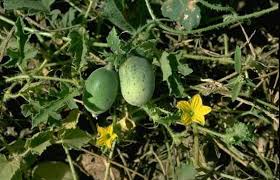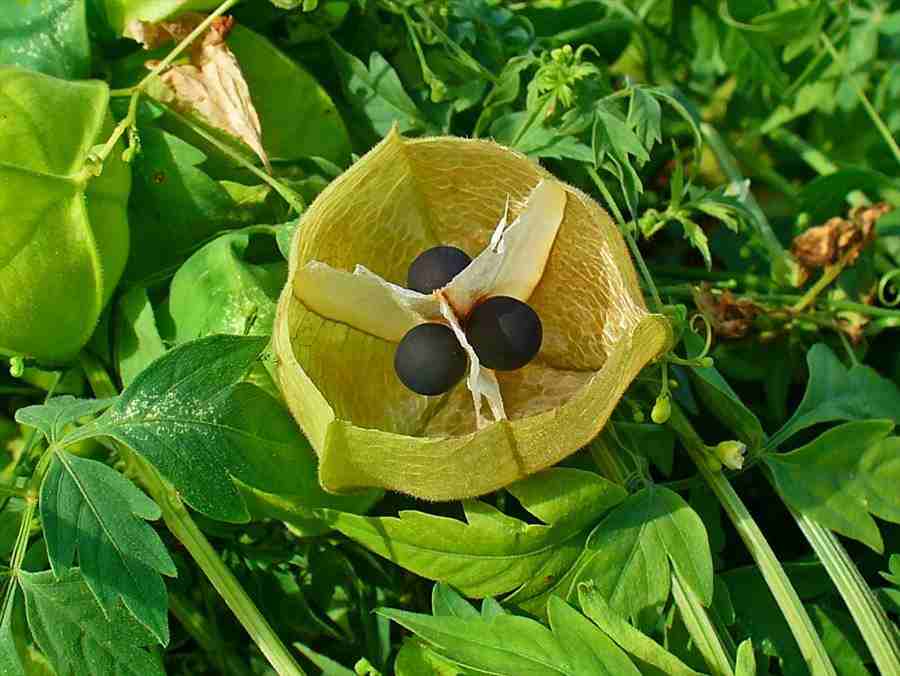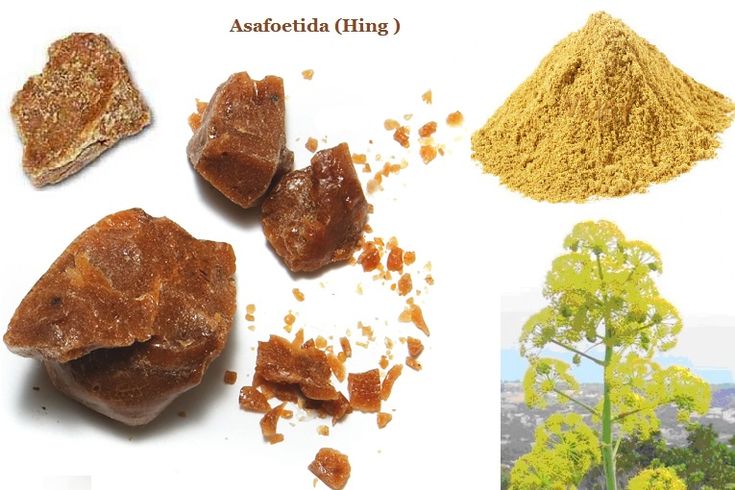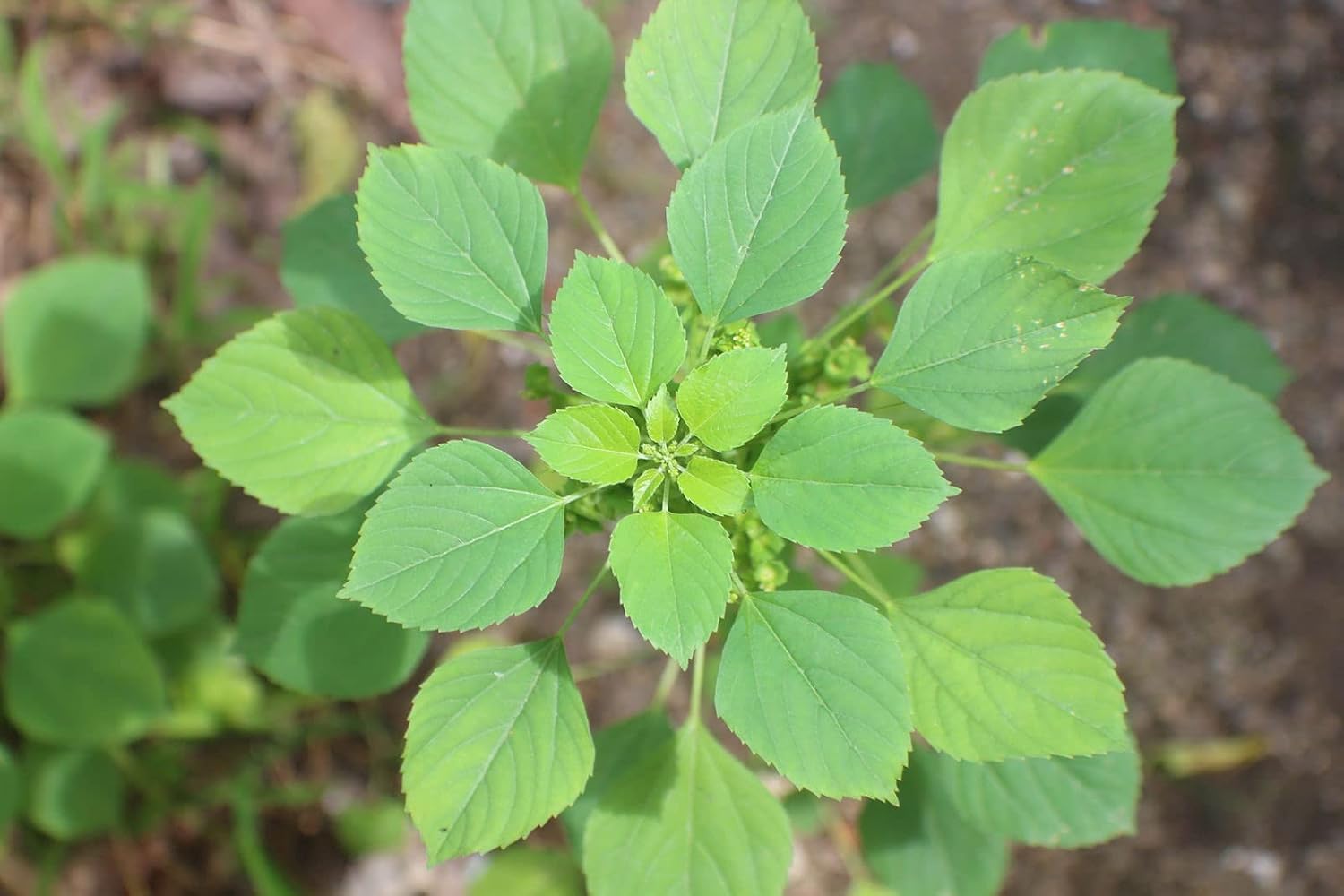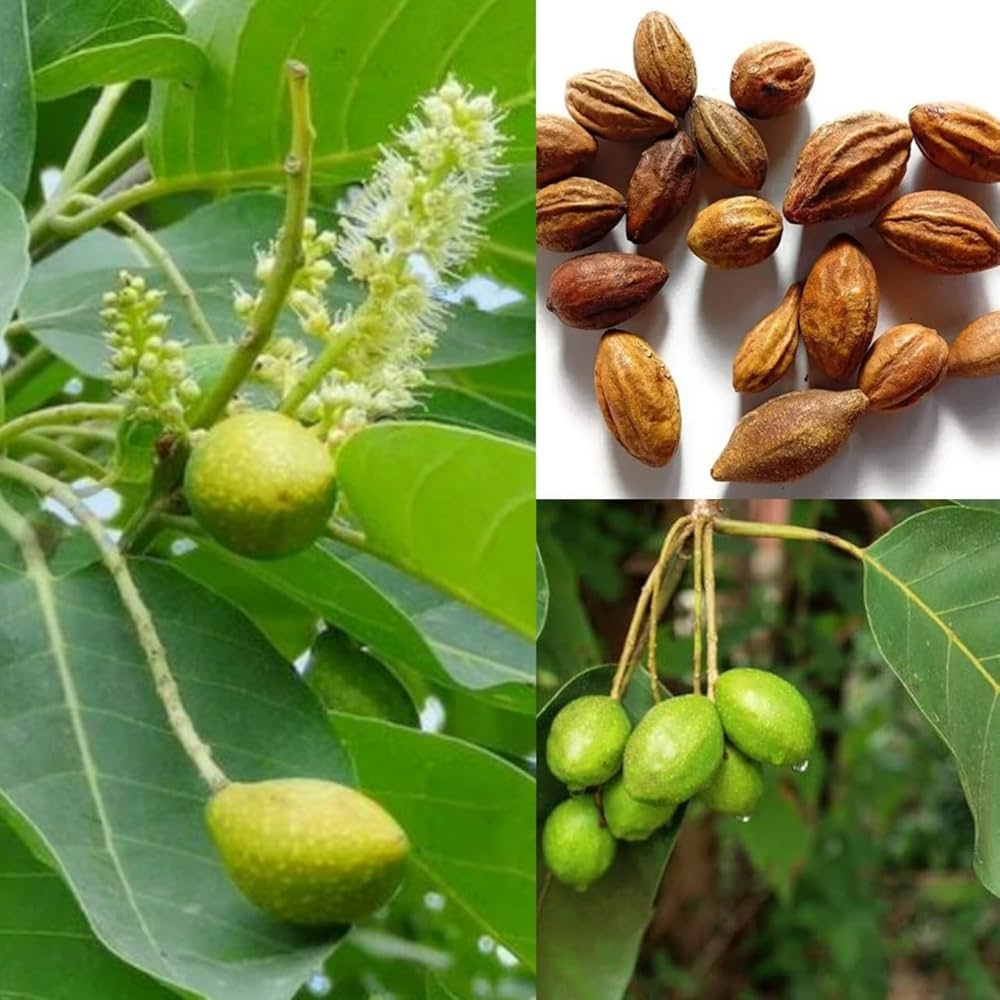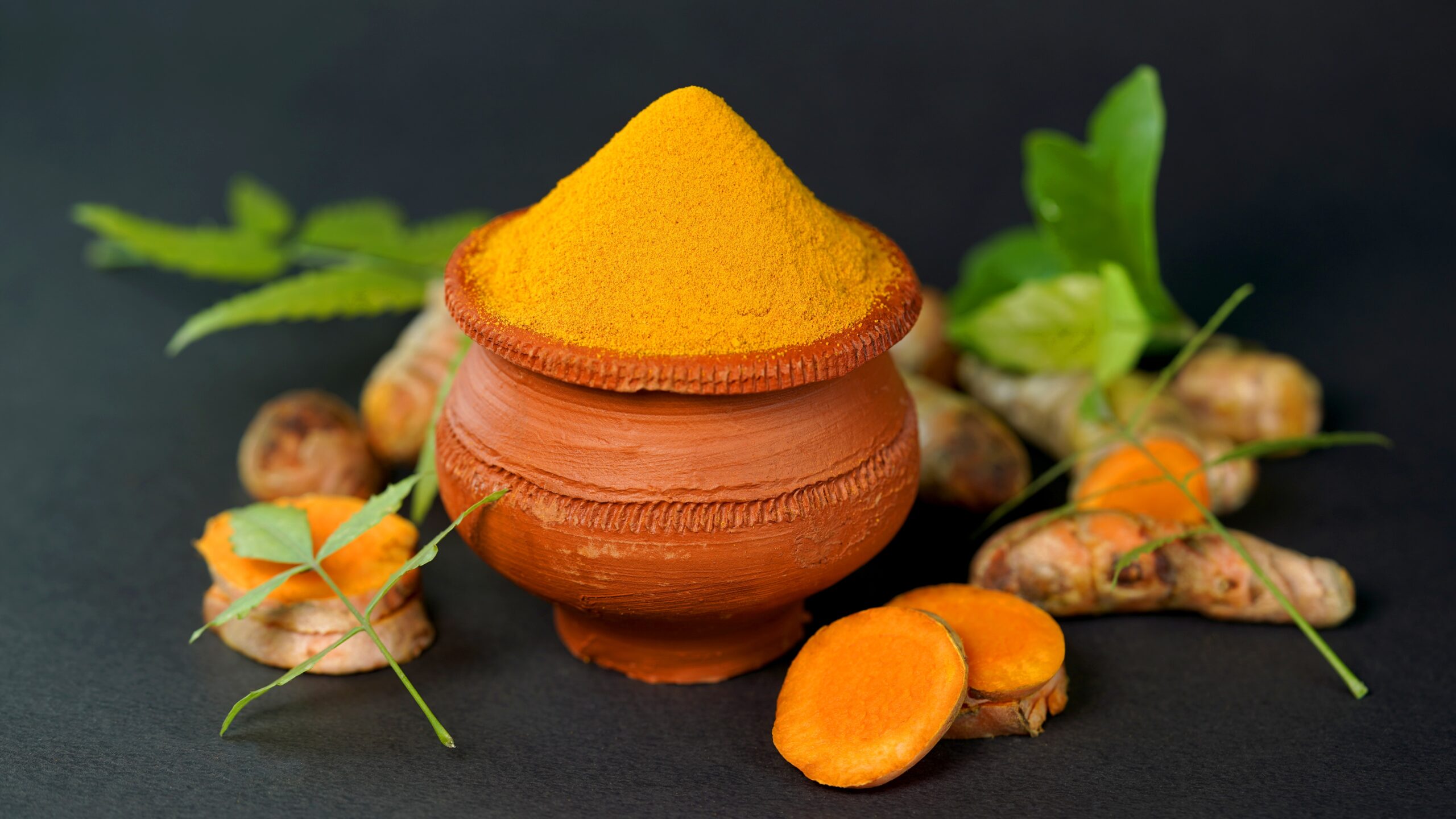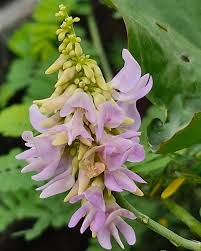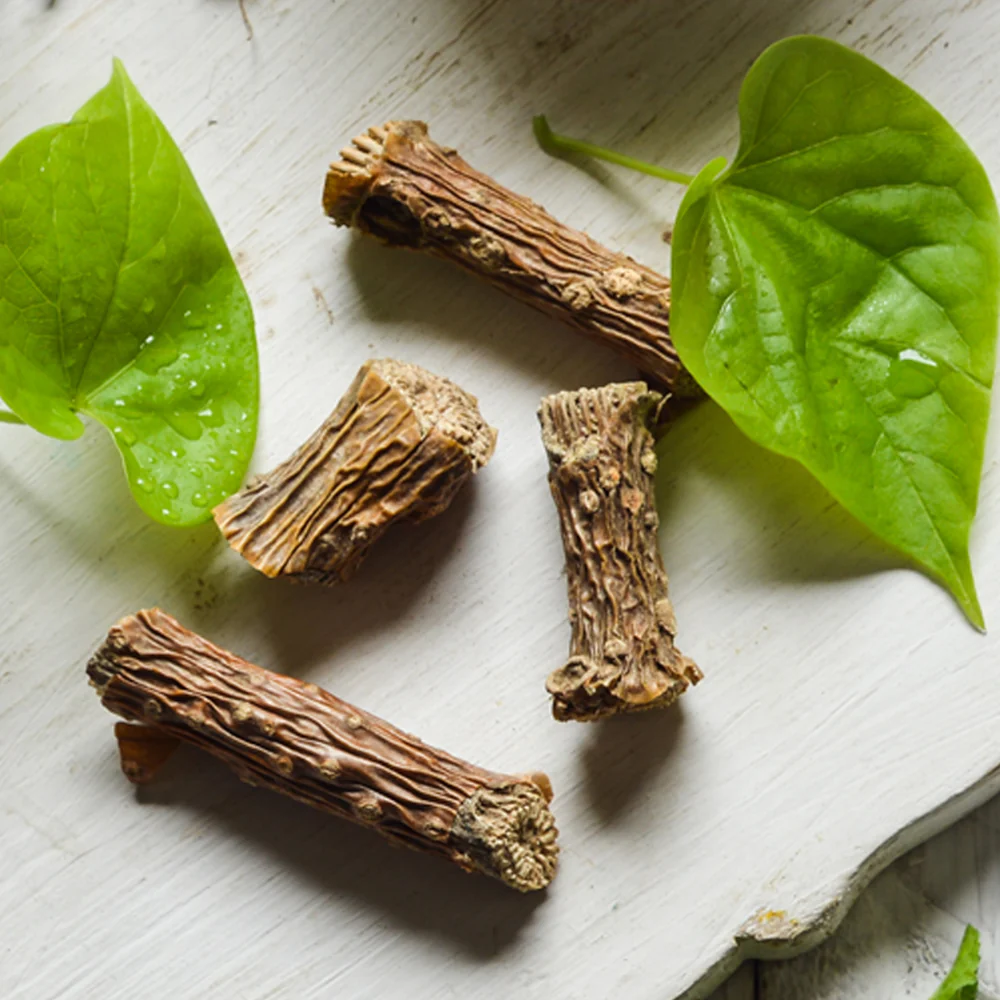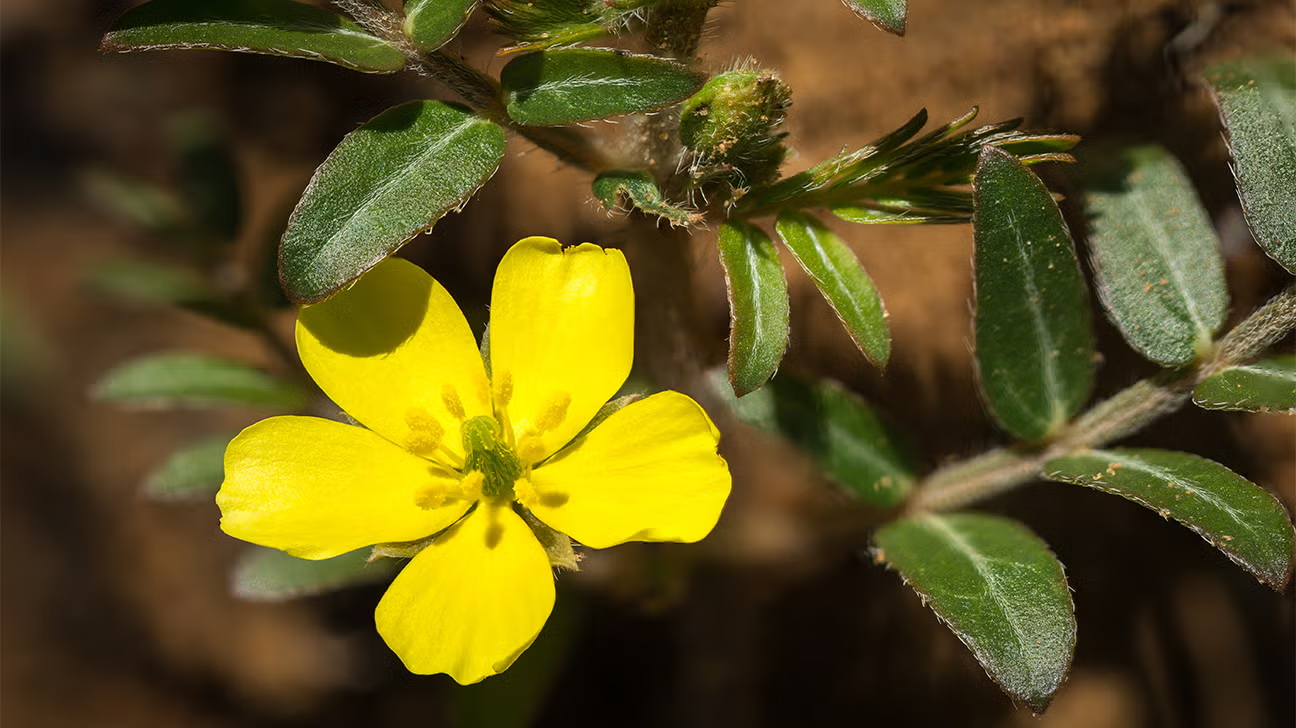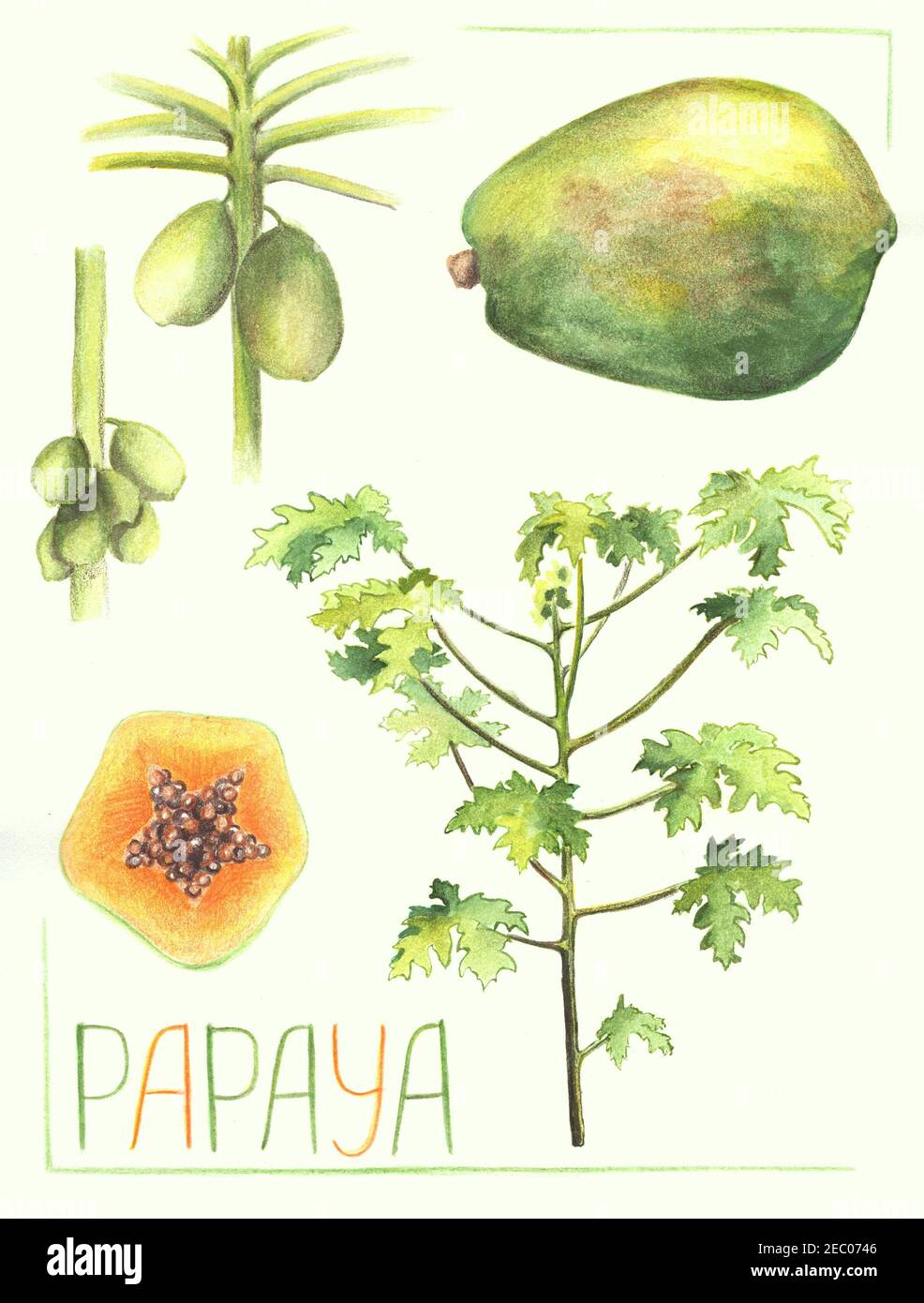Sweet Flag (Acorus calamus) is a perennial, semi-aquatic herb historically prized for its profound effects on the nervous system, digestive tract, and respiratory health. Known by many names, including Calamus and Vacha (in Ayurveda), this herb has a rich tradition of use across Asia, Europe, and North America. Sweet Flag thrives in wetlands, along riverbanks, and in marshy soils, producing sword-like leaves and sweetly aromatic rhizomes that are the primary medicinal part of the plant.
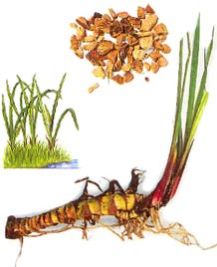
At its core, Sweet Flag is celebrated for its ability to stimulate, soothe, and clarify. Traditional herbal systems have long considered it a valuable remedy for mental fog, nervous tension, and speech disorders. In Ayurvedic medicine, it is revered as a “medhya rasayana”, meaning it rejuvenates and strengthens the mind. It has been historically prescribed to sharpen memory, enhance learning ability, and even treat conditions like speech impediments and epilepsy.
Sweet Flag is equally known for its digestive benefits. The rhizome is rich in volatile oils that act as carminatives, helping to relieve bloating, gas, indigestion, and nausea. In folk medicine, chewing a piece of the root was a common remedy for stomach upset and sluggish digestion. It was also used traditionally to stimulate appetite and support individuals recovering from illness or experiencing weakness.
For the respiratory system, Sweet Flag has been employed to ease coughs, bronchitis, congestion, and asthmatic conditions. Its warming, aromatic qualities help in loosening mucus and clearing the airways, making breathing easier during colds and respiratory infections.
Additionally, Sweet Flag holds a place in spiritual and ceremonial practices. Indigenous tribes and other traditional cultures burned the dried root as an incense for purification rituals and protection from negative energies. It was thought to drive away evil spirits and attract positive forces, making it both a medicinal and sacred plant.
Externally, the powdered root was sometimes applied to wounds, ulcers, and skin infections due to its antimicrobial and anti-inflammatory properties. Its natural antiseptic qualities made it a useful addition to early wound care and skin treatments.
Despite its many benefits, it is important to note that some varieties of Sweet Flag, especially certain wild North American types, contain a compound called beta-asarone, which may be toxic in large quantities. Thus, today’s herbalists recommend using only varieties low in this compound and consuming Sweet Flag in moderation under professional guidance.
In summary, Sweet Flag (Acorus calamus) is a treasured herb that bridges mind, body, and spirit. Its ability to enhance mental clarity, soothe digestion, clear the lungs, and offer spiritual protection has secured its place in the world’s great healing traditions. Even in modern times, it continues to be appreciated for its deep, grounding, and revitalizing effects

